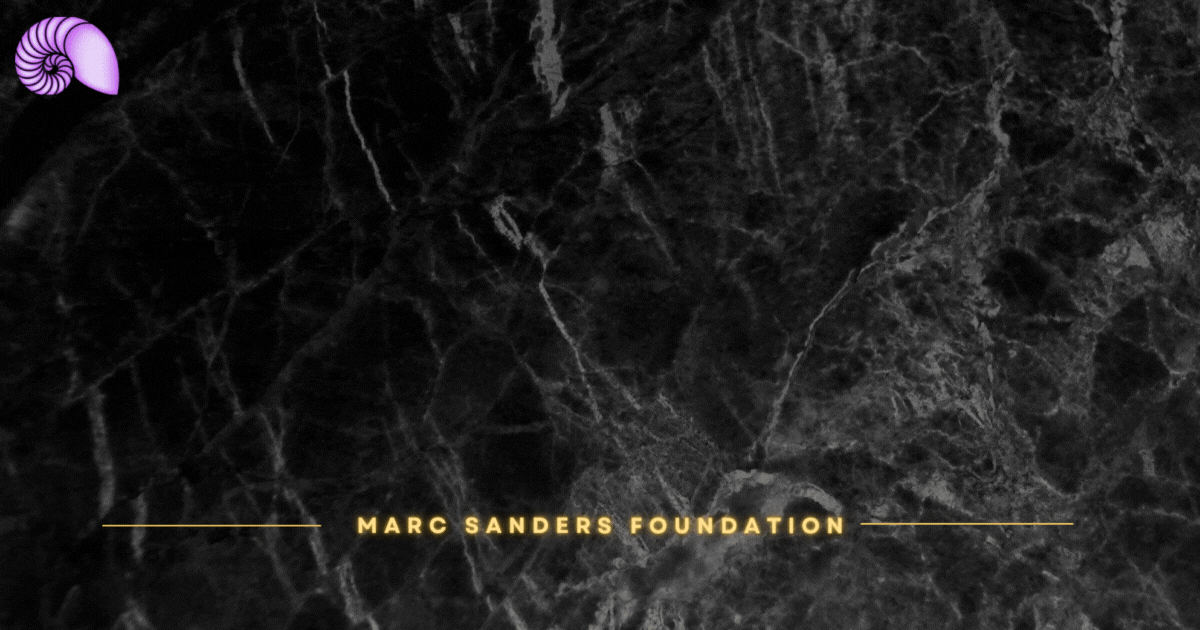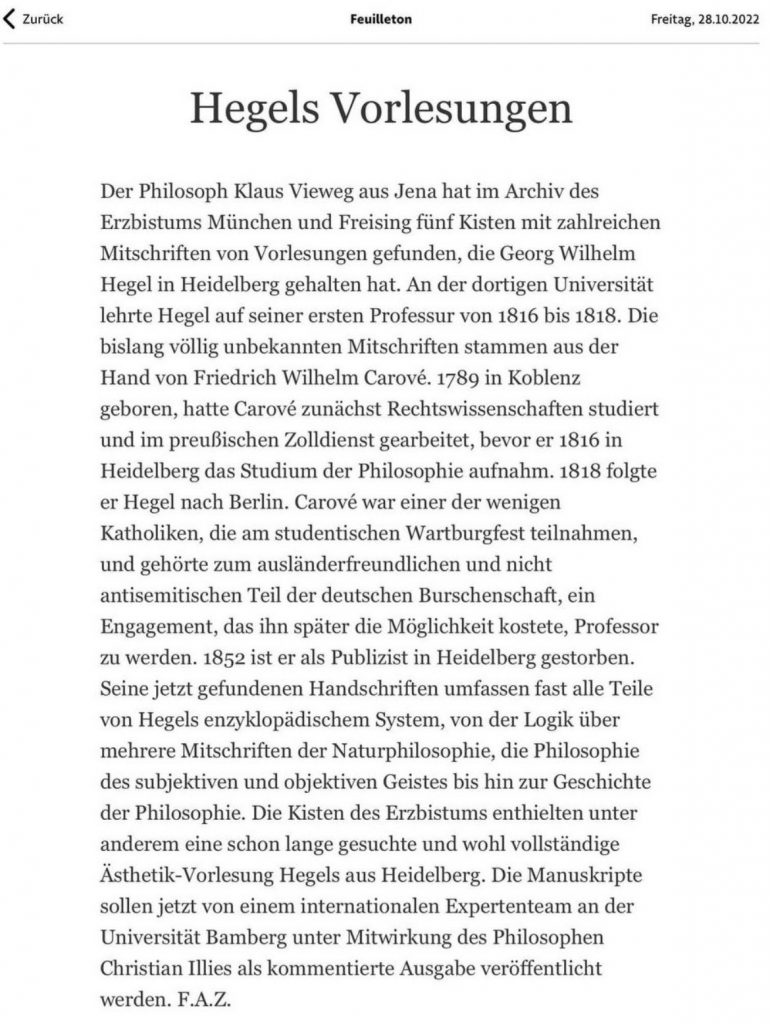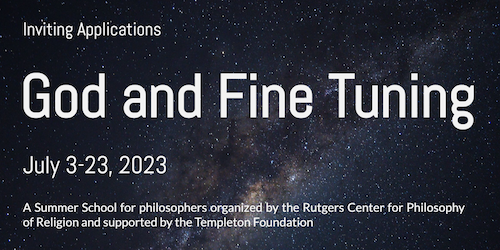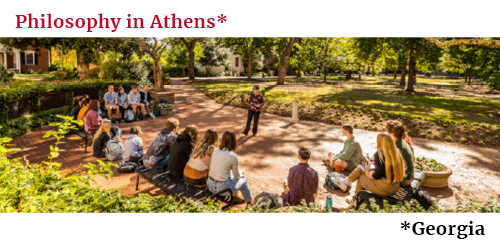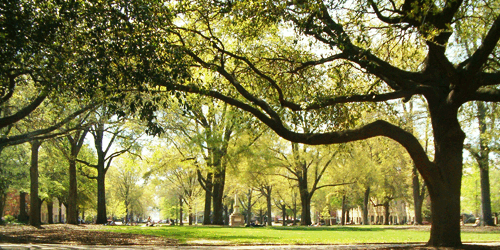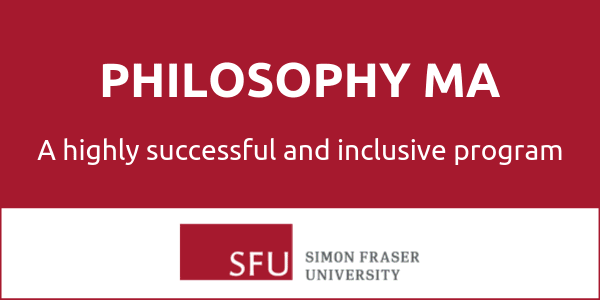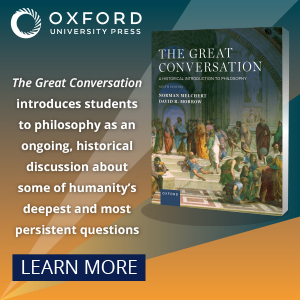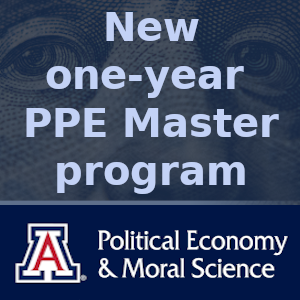Found - Five Boxes of New Hegel (updated)
Published by Reblogs - Credits in Posts,
Found: Five Boxes of New Hegel (updated)
Five boxes of previously unknown transcriptions of lectures by G.W.F. Hegel have been found.

The materials were discovered by Klaus Vieweg (Jena) in the archives of the Archdiocese of Munich and Freising. The lectures, transcribed by Friedrich Wilhelm Carové, were delivered between 1816 and 1818 when Hegel was a professor at Heidelberg. Among them is an apparently complete lecture on aesthetics, as well as lectures on other topics.
According to Frankfurter Allgemeine Zeitung (the following is a Google-translation):
The philosopher Klaus Vieweg from Jena found five boxes with numerous transcripts of lectures given by Georg Wilhelm Hegel in Heidelberg in the archives of the Archdiocese of Munich and Freising. Hegel taught at the university there in his first professorship from 1816 to 1818. The hitherto completely unknown transcripts are from the hand of Friedrich Wilhelm Carové. Born in Coblenza in 1789, Carové first studied law and worked in the Prussian customs service before beginning his philosophy studies in Heidelberg in 1816. In 1818 he followed Hegel to Berlin. Carové was one of the few Catholics to take part in the student Wartburg festival and belonged to the foreigner-friendly and non-anti-Semitic part of the German fraternity, a commitment that later cost him the opportunity to become a professor. In 1852 he died as a publicist in Heidelberg. His manuscripts, which have now been found, cover almost all parts of Hegel’s encyclopedic system, from the Logic through several transcripts of natural philosophy, the philosophy of subjective and objective mind to the history of philosophy. The archbishopric’s boxes contained, among other things, a long-sought and probably complete lecture on aesthetics by Hegel from Heidelberg. The manuscripts are now to be published as an annotated edition by an international team of experts at the University of Bamberg, with the participation of the philosopher Christian Illies.
(via Jason Maurice Yonover)
UPDATE (11/27/2022): Via Godehard Brüntrup, a "preliminary translation" of an article that recently appeared in Süddeutsche Zeitung:
A century-old treasure has come to light in the diocesan library of the Archbishopric of Munich and Freising: Transcripts of lectures by the philosopher Georg Wilhelm Friedrich Hegel (1770-1831), which had not been evaluated before, have turned up, according to the press office of the archdiocese. The documents open up new approaches to the thinking of the man who is considered the most important representative of German idealism.
Hegel biographer Klaus Vieweg of the Friedrich Schiller University of Jena came across five archive boxes with closely described folders and papers in the library, according to the statement. These had not been examined closely by researchers for nearly 200 years. The scientist was enthusiastic: "Such a highly surprising and fortunate discovery probably only happens once in a lifetime and is comparable to finding a new Mozart score."
Various parts of Hegel’s philosophy were mostly documented only by lecture notes, they said. They allowed insights into his philosophizing as a "work in progress." The transcripts, which run to some 4,000 pages, were penned by Friedrich Wilhelm Carove (1789-1852), one of Hegel’s first students at Heidelberg University. The Catholic writer, publicist and politician was one of the leading intellectuals of his time. The manuscripts are reportedly part of the estate of the theologian Friedrich Windischmann (1811-1861), a cathedral chaplain and vicar general of the archdiocese of Munich and Freising from 1846 to 1856. He was the son of Karl Joseph Hieronymus Windischmann, a professor of
philosophy and medicine in Bonn who was in contact with Hegel and received the transcripts as a gift from Carove.
The manuscripts comprise almost all parts of Hegel’s encyclopedic architectonics, including a long-sought transcript of a lecture on aesthetics in Heidelberg, about which no other records exist. They are to be prepared for a comprehensive edition under the title "Caroves Hegel-Mitschriften" as part of a scholarly project lasting several years; accompanying studies are also planned.
UPDATE (11/29/2022): The Guardian picks up the story, noting:
Although research on the material has only just begun, there has already been one significant find: the boxes contain a transcript from one of the very first lectures Hegel gave on aesthetics.
Currently, any knowledge of Hegel’s thoughts on aesthetics originates from much later lectures given in Berlin. These were published after his death by his student Heinrich Gustav Hotho using a combination of lecture transcripts and Hegel’s own notes. As there have been no other sources to compare this with, questions have arisen as to how far this material was influenced by Hotho. The discovery of early lectures, therefore, could help to finally clear up the uncertainty.
"Hegel first lectured on aesthetics in Heidelberg. By the time he was lecturing in Berlin, he had reworked his ideas significantly," said Illies. "This is the first time any transcript of these original lectures from Heidelberg has been found."
An initial look through the pages pertaining to aesthetics has revealed a number of interesting details that illustrate Hegel’s thought processes. His early views on the definition of art, for example, come through clearly.
"The text shows Hegel defining art as this beautiful middle ground between thought and reality. He suggests that the proper function of art is the harmony of abstraction and reality," said Vieweg. "We’re seeing the very foundation of his later theories. At this stage it is a work in progress."
Hegel’s ideas on the difference between art and religion seem to be defined more clearly in the transcripts and he appears to discuss a wide array of themes, ranging from Aristotle’s text on poetics, Sophocles’ Antigone and Aristophanes’ comedy to Shakespeare’s Hamlet, Goethe, and Friedrich Schiller’s drama The Robbers. Finally, for the first time, Hegel defines the three paradigms of philosophical art history as symbolic, classical and romantic, and also highlights the importance of Shakespeare’s drama.

The link to Frankfurter Allgemeine Zeitung doesn’t contain the original article where this is published. Could you please provide the link to the article itself? I can’t seem to find the article through Google searches and nor through the magazine website.Report
I, too, could not access the online article. Rather, what was shared with me was a screenshot of it. Here it is.Report
Try this (probably paywalled) https://m.faz.net/aktuell/feuilleton/neuer-fund-hegels-vorlesungen-18418600.html?GEPC=s9Report

Already got it. Cheers, though. Great!Report
Recent Comments
Subscribe
Archives
ArchivesHeap of Links
- Possibly the world’s second-shortest philosophy paper -- by Joshua Habgood-Coote (Leeds), Lani Watson (Oxford), and Dennis Whitcomb (Western Washington)
- "Canadian Hegelianism turns out to be its own philosophical tradition" -- Amod Lele (Boston U.) tells us what it is
- Philosophically interesting books for young kids -- a DN list from several years ago
- "Not to put too fine a point on it, but in general the project of ‘value lock-in’ is team evil" -- Eric Schliesser (Amsterdam) on cultural plasticity, technology and values, the importance of institutions, and what we owe the future
- "Now there is no nature in the world because we’re in charge everywhere. The only question is are we going to be benign and fostering stewards or not?" -- Martha Nussbaum (Chicago) interviewed in the NYT
- On the "various threads of philosophy that could be tested against sexual experience, reimagining pornography’s lessons" -- Kathleen Lubey (St. John's) on why we should "apprehend the full contents of pornography"
- How and why to call on your students -- advice from Harry Brighouse (Wisconsin)
- Money: a philosophy course — Andrew Bailey (Yale-NUS) explains the value of his "Money" course to Axios (includes link to his syllabus)
- "You need skepticism in order to have a healthy kind of trust, whether in the individual mind or even at the social level" — Sandy Goldberg (Northwestern) discusses trust on the public radio program "On Point"
- "I like to draw ’em nice—kinda elegant, I hope – then make ’em silly in faux-retro or disco style" — check out these illustrations of philosophers by John Holbo (NAU)
- "Their danger lies… in short-circuiting the development of human writers" - - Richard Hughes Gibson (Wheaton) on AI and writing
- "Knowledge is older than all sensible things; mind is senior to the world, and the architecture thereof" -- Ralph Cudworth is "interviewed" at 3:16AM
- Warning: the material at this link combines puns, philosophy, and AI art -- created by Adam Keiper
- "It helps people govern and express the emotions of contempt, trust, amusement and hope. And these emotions answer to the universal flourishing-related needs of criticism, connection, coping and capability" -- Mark Alfano (Macquarie) and Mandi Astola (Delft) on why a sense of humor is a virtue
- "Then I thought that Hegel… would have greatly appreciated this object, which has two opposite functions" -- how Magritte came to paint "Hegel's Holiday"
- How technology plays a role in changing morality -- Jeroen Hopster (Utrecht) talks with John Danaher (University College, Galway) about "Pistols, Pills, Pork and Ploughs"
- "To say that it is the destiny of antelopes to be torn apart by predators is like saying that it is the destiny of women to be raped" -- Martha Nussbaum on human stewardship of the animal world (may require free registration)
- Classic classics -- the classics site Antigone asks 40 writers and readers for their favorite ancient Greek and Latin texts
- How to mug Jeremy Bentham -- a dialogue by Johan E. Gustafsson (Texas)
- Philosophy is the top major at Cambridge -- in terms of average number of total sexual partners per student, according to Varsity
- "At that time, the first half of the seventeenth century, it was still a reasonable project for one man to have the idea that he can lay the foundations of all future science" -- Bernard Williams talks with Bryan Magee about Descartes
- "Whatever story you tell about yourself, however simple and straightforward, there is endlessly more to your actual life" -- don't treat your life as a project, advises Kieran Setiya (MIT)
- "I have exposed myself to the enmity of all metaphysicians, logicians, mathematicians, and even theologians" -- David Hume is interviewed at 3:16AM
- Electrons seem to spin, but actually don’t. So what is really going on? -- Scientific American considers the answer given by philosopher Charles Sebens (Caltech)
- "It’s the method of using opposing views to seek truth; Hegel thought his own style of it was better than Plato’s" -- Hegel was a category on Jeopardy! last night
- "The organoids are coming!" -- and their use is a step forward not just scientifically, but morally, says Katharine Gammon
- "Nothing is true": big, if true -- David Liggins (Manchester) on why we should take alethic nihilism seriously
- "Weirder options are conceivable, but exceedingly improbable" -- two physicists have "calculated an equation that counts universes. And they’ve made the striking observation that universes like ours seem to account for the lion’s share of the conceivable cosmic options"
- "Twitter makes preexisting elites accessible, but it also creates its own elites… Still, I think our situation with hierarchy is improved by Philosophy Twitter, not because the hierarchy it institutes is more intrinsically fair, but because it diversifies the unfairness of hierarchy" -- Mason Westfall (WUStL) applies the multiple-status-hierarchies approach to unfairness to the world of academic philosophy
- "Having a higher sense of purpose appears protective against all-cause mortality," according to a recent study -- or to put it another way: a purpose of purpose in life is life


